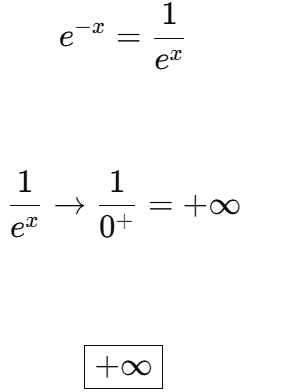CALC Exam 3
1/33
There's no tags or description
Looks like no tags are added yet.
Name | Mastery | Learn | Test | Matching | Spaced |
|---|
No study sessions yet.
34 Terms
Derivative of sinx

Derivative of cosx

derivative of tanx

derivative of cotx
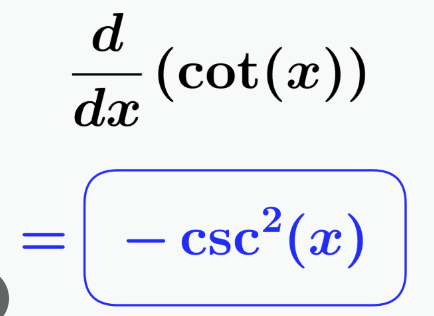
derivative of secx

derivative of cscx

derivative of inverse sinx (arcsinx)
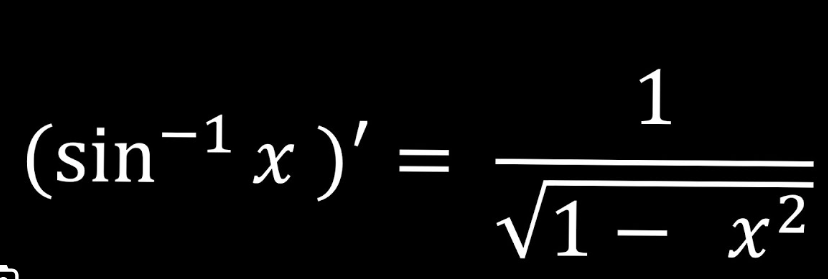
derivative of inverse tanx (arctanx)

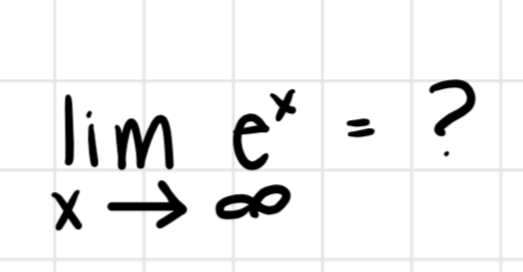
Compute the limit for exponential growth
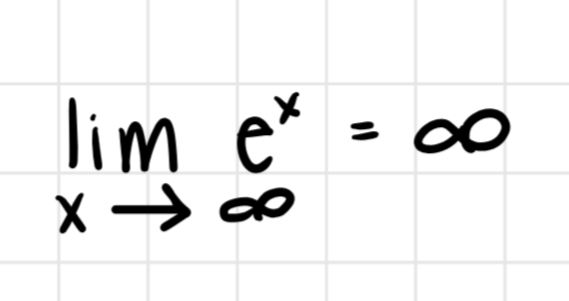
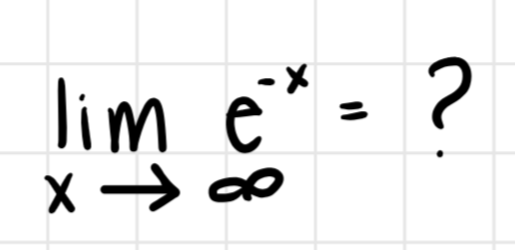
Compute the limit for exponential growth
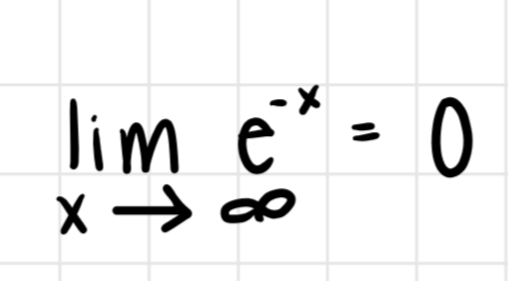
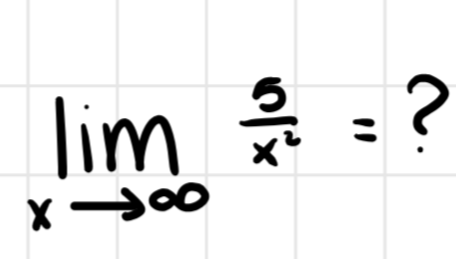
Compute the limit when the denominator grows faster than the numerator such as
limit is 0
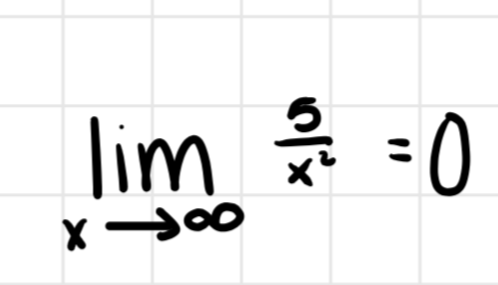
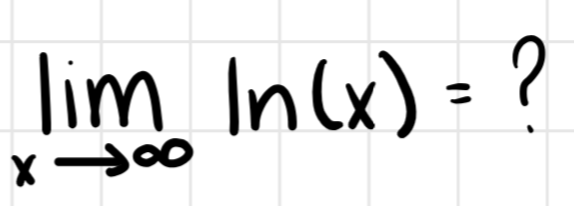
Compute the limit at natural log
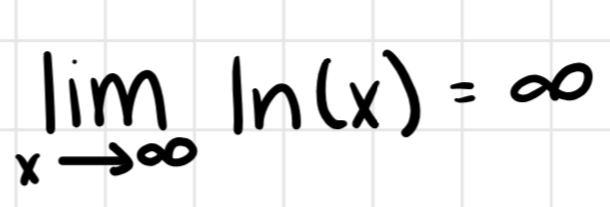
When is a vertical asymptote present
set the denominator equal to 0
when does the horizontal asymptote equal 0 (y = 0)
The degree in the numerator is less than the degree of the denominator

When does the horizontal asymptote bring an actual value (not 0)
If the degree in the numerator is equal to the degree of the denominator

What happens if the degree in the numerator is one greater than the degree in the denominator?
an oblique asymptote may be present and you should use polynomial long division
What are the conditions for Rolle’s Theorem?

If all the conditions in Rolle’s Theorem is true then…
there is at least one value of x, “c'‘, a < c < b where f’( c ) = u
What is the Mean Value Theorem?
If f(x) is continuous on [a,b] and differentiable on (a,b), there's some point where the instantaneous rate of change (derivative) equals the average rate of change over [a,b][a, b][a,b].
![<p>If f(x) is continuous on [a,b] and differentiable on (a,b), there's some point where the <strong>instantaneous rate of change</strong> (derivative) equals the <strong>average rate of change</strong> over [a,b][a, b][a,b].</p>](https://knowt-user-attachments.s3.amazonaws.com/24f44035-bfc9-4189-8801-84c87f948463.png)
Antiderivative of sinx

Antiderivative of cosx
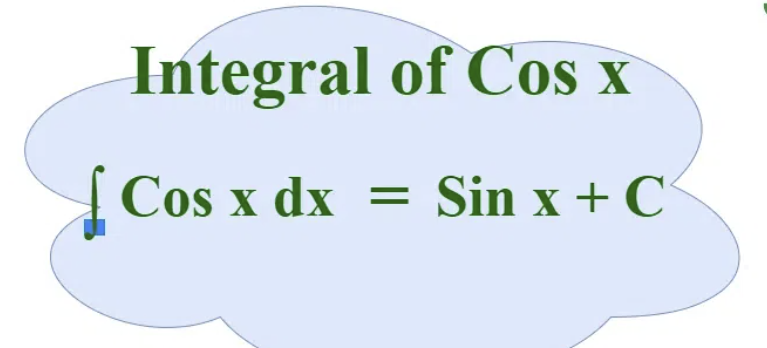
antiderivative of sec²x

antiderivative of secxtanx

antiderivative of csc²x
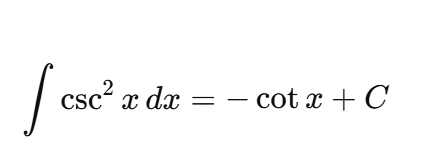
antiderivative of cscxcotx

Change of Log Base
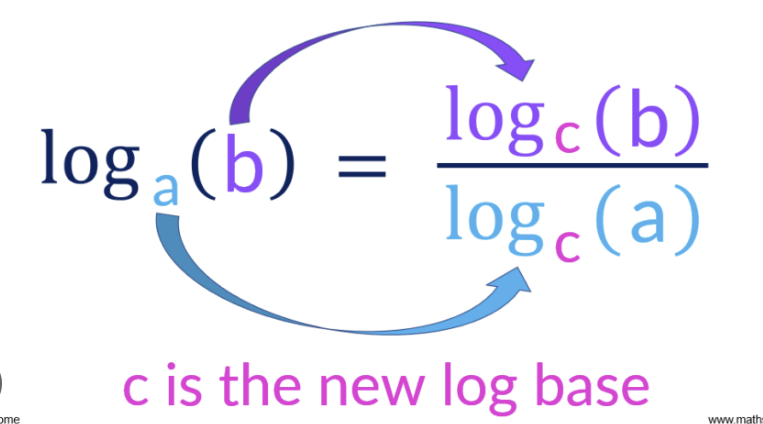

= 1








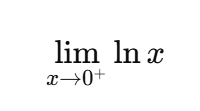
Compute the limit
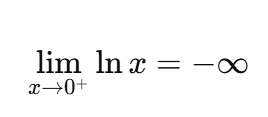
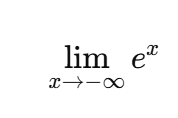
compute the limit
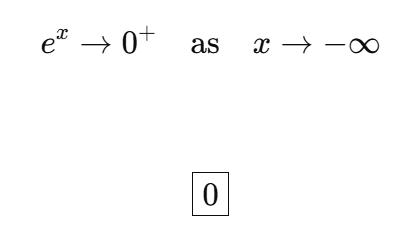
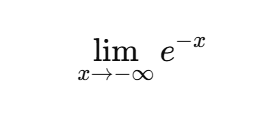
compute the limit
